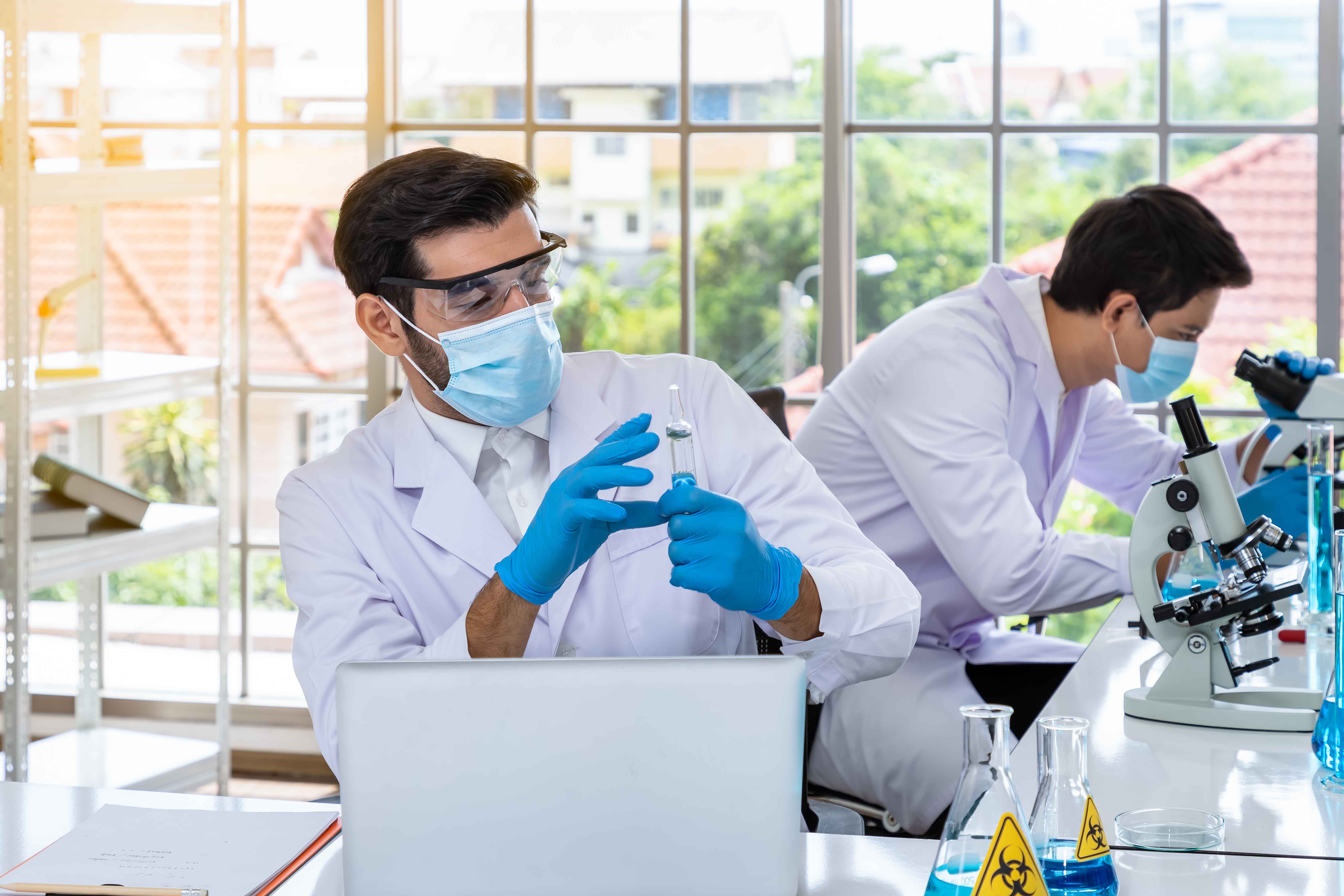
Embarking on a BSc in Medical Laboratory Technology in Medinipur, West Bengal is an exciting journey into the healthcare sector, where you will play a crucial role in diagnosing and treating patients. This degree equips you with the essential skills and knowledge to work effectively in various laboratory settings, contributing to patient care and the overall healthcare system. In this comprehensive guide, we will explore what to expect from your BSc in Medical Laboratory Technology, covering everything from the curriculum and practical training to career opportunities and future trends in the field.
Overview of the BSc in Medical Laboratory Technology
The BSc in Medical Laboratory Technology is a specialized program that focuses on the study of laboratory procedures and techniques. Medical laboratory technologists (MLTs) perform tests that are crucial for diagnosing diseases, monitoring treatment, and conducting research. Graduates are equipped with the technical skills and critical thinking abilities necessary to excel in a variety of laboratory environments.
Core Functions of Medical Laboratory Technologists
Conducting Tests: MLTs perform complex tests on blood, tissues, and other bodily fluids to provide vital information for patient care.
Interpreting Results: They analyze test results and ensure accuracy in reporting, which helps healthcare providers make informed decisions.
Maintaining Equipment: Regular maintenance and calibration of laboratory instruments are crucial for obtaining accurate results.
Quality Control: MLTs implement quality control measures to uphold high standards in laboratory testing and ensure compliance with regulatory requirements.
Patient Interaction: While their primary role is laboratory-based, MLTs may also interact with patients to explain procedures or collect samples.
Curriculum and Learning Objectives
The curriculum for a BSc in Medical Laboratory Technology is designed to provide both theoretical knowledge and practical experience. The program typically includes courses in the following areas:
Fundamental Sciences
Students study the foundational sciences essential for understanding laboratory work, including:
Anatomy and Physiology: Understanding the structure and function of the human body.
Biochemistry: Learning about the chemical processes and substances that occur in living organisms.
Microbiology: Introduction to microorganisms, their characteristics, and their roles in health and disease.
Specialized Laboratory Techniques
The program includes specialized courses focusing on various laboratory techniques and methodologies, such as:
Clinical Chemistry: Examining biochemical components of blood and other fluids for disease diagnosis.
Microbial Pathogenesis: Understanding how pathogens cause disease, which is critical for effective treatment.
Hematology: Studying blood components, their functions, and disorders.
Blood Banking and Transfusion Medicine: Learning about the collection, testing, and transfusion of blood products.
Laboratory Management and Quality Control: Developing skills in managing laboratory operations and ensuring compliance with regulations.
Practical Training
Hands-on laboratory sessions are integral to the curriculum, allowing students to apply theoretical knowledge in a controlled environment. Students gain practical experience in:
Conducting Tests: Performing various laboratory procedures using modern equipment.
Data Analysis: Analyzing and interpreting test results with precision.
Quality Assurance: Implementing quality control measures to ensure accurate and reliable results.
Skills Developed During the Program
Throughout the BSc in Medical Laboratory Technology, students develop a range of essential skills, including:
Technical Proficiency: Mastery of laboratory techniques and the operation of complex instruments.
Analytical Thinking: The ability to interpret complex data and results, ensuring accurate diagnoses.
Attention to Detail: Precision in conducting tests and documenting findings is critical for patient safety.
Communication Skills: Effectively conveying information to healthcare teams and patients, including the ability to explain complex concepts in understandable terms.
Problem-Solving: Addressing challenges that arise in laboratory settings, including troubleshooting equipment and resolving discrepancies in test results.
Time Management: Balancing multiple tasks and responsibilities efficiently within a busy laboratory environment.
Career Opportunities
Graduating with a BSc in Medical Laboratory Technology opens doors to a wide array of career opportunities, including:
Medical Laboratory Technologist: Working in hospitals, clinics, or private laboratories, performing tests that inform patient care.
Research Scientist: Conducting research in academic or commercial laboratories, contributing to advancements in medical science.
Laboratory Manager: Overseeing laboratory operations, managing staff, and ensuring compliance with regulations.
Quality Assurance Officer: Implementing and monitoring quality control measures to maintain high standards in laboratory practice.
Educator: Teaching future generations of medical laboratory professionals at educational institutions.
Job Outlook and Future Trends
The demand for skilled medical laboratory technologists is expected to grow significantly due to several factors:
Advancements in Medical Technology: Innovations in laboratory equipment and testing methodologies are creating new opportunities for MLTs.
Increased Focus on Preventive Healthcare: With a growing emphasis on early disease detection, the need for laboratory services will continue to rise.
Aging Population: As the population ages, there will be an increased need for diagnostic services, contributing to job growth in this field.
In addition, emerging fields such as molecular diagnostics and personalized medicine are expanding the scope of practice for medical laboratory technologists, providing even more career pathways.
Conclusion
Pursuing a BSc in Medical Laboratory Technology in Medinipur, West Bengal is a rewarding pathway that offers diverse career opportunities and the chance to make a significant impact on patient care. This degree not only provides the necessary technical skills but also fosters critical thinking and problem-solving abilities essential for success in the healthcare field.
If you are considering this program, expect a comprehensive curriculum, hands-on training, and a vibrant career awaiting you in the medical laboratory sector. With a strong foundation in laboratory science and a commitment to excellence, you will be well-prepared to contribute meaningfully to the healthcare industry.